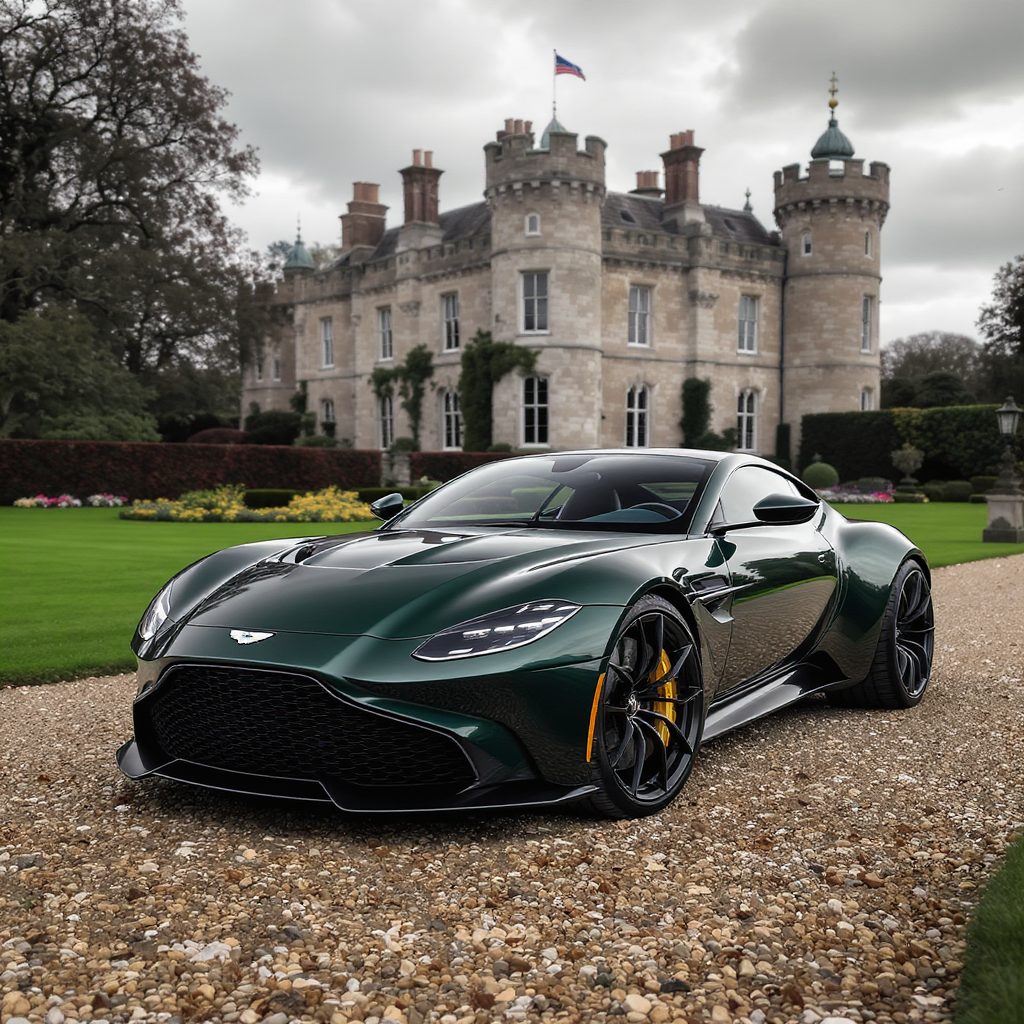
The electric vehicle market is experiencing significant fluctuations as manufacturers adjust their strategies around pricing, sales models, and inventory management. While some brands are offering substantial discounts to move units, others are planning price increases, reflecting the complex dynamics of the current automotive marketplace.

The European electric vehicle landscape is experiencing significant transformation as manufacturers ramp up production and sales continue to grow. Volkswagen Group has reported a remarkable 42% increase in battery electric vehicle (BEV) sales [1], while Kia announces major expansion plans for its European EV production. These developments come as the EU continues to progress toward its zero-emission goals, with new policies and market dynamics reshaping the automotive sector.

In a significant strategic move that reshapes its luxury vehicle hierarchy, Toyota Motor Corporation has announced plans to establish Century as a standalone ultra-luxury brand positioned above Lexus in its corporate structure. This bold restructuring represents one of the most substantial organizational changes in Toyota's luxury vehicle strategy since the launch of Lexus.

The automotive market is showing interesting dynamics as manufacturers adopt different strategies to manage sales and inventory. While Ford is taking aggressive steps to boost F-150 sales through innovative financing options, Toyota continues to grapple with supply chain challenges that limit its ability to meet customer demand, highlighting the contrasting situations major automakers face in today's market.

Chinese electric vehicle manufacturers are demonstrating remarkable strength in both domestic and international markets, with several companies hitting significant milestones. While the overall import market shows signs of contraction, domestic brands are expanding their global footprint through strategic initiatives and technological advancement, particularly in the electric vehicle sector.








